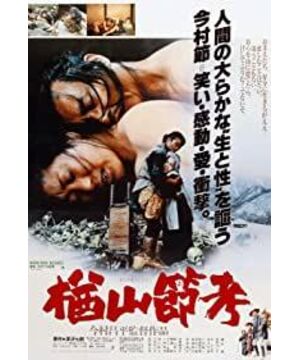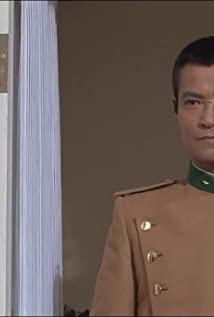It can be almost concluded that Imamura Shohei said, "I will write maggots until I die" to understand his films. There are many animals interspersed in the film, snakes, rats, fish, owls... each has its own meaning. Snakes and fish have a strong meaning of sex and reproduction, and the scenes of swallowing between some other creatures also show the competition between creatures In the relationship between survival, some people try to carve human beings, describe human nature fairy tales, and deify human beings, while Imamura slashes and slashes human beings with disdain, and pulls human beings down from the altar, showing that we are no different from other creatures, naked, fierce, or use a kind of objective view. Humans instinctively seek survival and reproduction, and the lower the environmental conditions, the more explicit they are. Of course, there are differences. Humans create the concept of "mountain gods", use metaphysical beliefs to cover up their physical desires, push all sins on the mountain gods, and use "festivals" and rituals to justify the slaughter of human beings. I like the truth of Imamura, not out of curiosity, probably because I have been in a group of elites who are accustomed to self-packaging for too long and need to breathe.
Although I am a bit of a primary school student in character analysis, the eldest brother is almost the only person in the characters who has a sense of loyalty and principles, and finally sent his mother to the mountain. Change the State Administration of Radio, Film and Television to review his film, no matter what happens before, the ending must be the awakening of the eldest brother's benevolence and filial piety to run away with his mother. The second part also came out. The elder brother returned to his hometown and actively exerted his initiative to lead the villagers to work hard and get rich and improve folk customs. Off topic, only after I saw Ayu did I understand what a sister-in-law was, she suddenly got the bearing of a mother, and she also looked like a younger brother and sister.
View more about The Ballad of Narayama reviews











